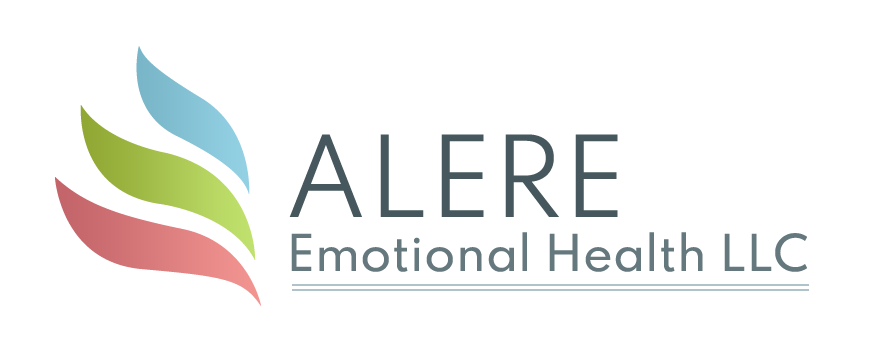Embracing Change
For centuries philosophers have waxed and waned about change; that it is the only constant, that it creates opportunity, that we must embrace it. And yet, we resist it with fervor, doing our very best to create consistency in our lives. This is because our brains are wired for stability, to desire homeostasis. 2020 has been one big damn exposure exercise in our ability to adapt and adjust to change.
Change is a constant, that is a fundamental truth. The persistent, inevitable constant, whether we welcome it or not. The past several months of our existence have forced us as individuals and communities to reconcile the acceptance of change. COVID, job loss, working from home, children missing school friends, anxiety of essential work, and fear of going to the grocery store have become our daily lives. Protests, airing our grievances, confronting candid and uncomfortable conversations, unveiling unconscious biases, challenging history and revealing present oppression is a social change unfolding beautifully before our eyes.
In the last issue, we explored being okay with not being okay; the goal was to acknowledge our ability to accept that which we cannot control. This requires more. Relief, at least in the short term, requires us to examine how to both problem solve and actively adjust to the new realities we face. We fear and resist change. We fear the unknown, the potential catastrophes, pain, responsibility, loss or exposure that may come with changes. We desire predictability. Our brains are wired this way, to desire consistency and assurance.
So why do we fear change? That is a complex question. Simply put, our brains, specifically an old part of our brain that helps us survive, called the amygdala, prefers stability and often interprets change as a threat. This helps us prepare for danger and risk, even when it isn’t there. That response is shaped and conditioned by the experiences in our lives. If changes brought pain or harm in the past, we tend to resist change more. And the opposite is true. Sometimes we catastrophize the unknown, meaning we distort to reality to expect the worst outcome. The whole “plan for the worst, hope for the best” mentality is a perfect example.
Change can be a confusing concept, if we are really honest with ourselves. Every day of our lives is very different, yet we view them as consistent if the major areas of our lives are intact. We tend to only view change as an interference when our lives are upended or changed in ways that require us to shift our perspectives on our lives, ourselves or the world around us. The question we are challenged with is how effectively we can adapt to the change with which we are presented.
I was faced with this prospect, reluctantly, with both anxiety and hope. I lost my long-term job a couple months back. I was forced to embrace the curveballs the universe pitched. I have to be honest; it is scary to hold so much fear and uncertainty about how you will support your family and maintain some semblance of financial security.
Change. We are facing this reckoning as a culture and society. Many of us who can no longer tolerate oppression, bigotry, racism and brutality are demanding a change. Those who resist are fearful of what they may lose the position or authority their privilege has provided for far too many years. Much of our society is facing the demand to let go of their version of history and embrace the honest reflection and assessment of our past and present.
What happens to us does not define us as much as how we respond to the new reality. Embracing change can foster growth beyond what we may otherwise expect from ourselves or believe is possible. I have had numerous conversations with clients who are both grieving the changes and losses of the year so far, and are finding new motivation for connecting with friends, exploring going back to school, renewing romance in their marriages, deepening spiritual connections. Here are some basic steps to embracing change:
Embrace uncertainty. The best outcome of change is limits we often put on ourselves are broken. This welcomes unknown life adventures in which we can be fully present. I have absolutely no idea how long the pandemic will last, or how we will be changed because of it. I am excited to see what the future holds.
Learn. DBT mindfulness training has helped me better accept that which I do not know, and be perfectly okay with that. This helps us to see the world and our experiences through fresh eyes and discover new perspectives.
Quiet the judge. We don’t need to have all of the answers right now, and we need to challenge judgements of what we “should” be doing or not doing as we traverse this community-wide trauma together. Be kind with yourself, family, friends, neighbors, co-workers and strangers. Mindfulness of non-judgement is essential to allowing change effectively.
I mentioned I lost my job. It was hard to say goodbye to a position I loved. And, it has pushed me out of my comfort zone, and I’ve started my own mental health practice and take full control of my professional life. This has been an incredibly taxing and exciting change to embrace. I hope everyone is well and managing this all the very best they can.

